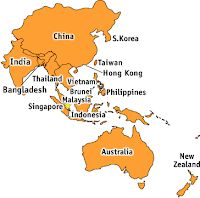Dangers of Dzud in Mongolia
For the second time this decade, extreme winter conditions on the Mongolian steppe caused extensive die-offs of sheep, goats, cattle, and camels, animals that traditional herding communities rely on for their survival. This past January, temperatures on the steppe plunged to -58 degrees Fahrenheit—more than 10 degrees below average—and 700,000 animals perished as a result. Severe winters that kill large numbers of livestock are common enough in Mongolia that there is a local term for the phenomenon: dzud . Now, the consensus among the nomads is that dzud has been occurring more frequently in recent years, and it seems to be getting worse. (Scientists have already shown that a warming Arctic is making U.S. winters worse .) “We used to have four seasons, but now we only have three,” Batjargal told Nicholson. “Before, June, July, and August were warm and with rain. Different types of grass would grow, and the animals would get fat. Now, we have no rain and the wind ...

